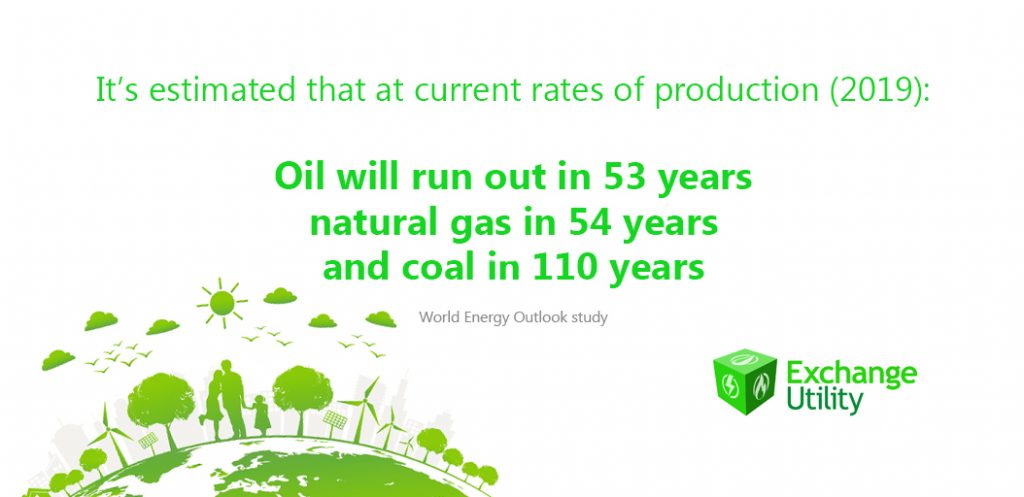The Future of Green Energy in the UK

As you may have heard, the UK recently hit a major milestone in its green energy goals: managing a full fortnight without coal-free energy. But before we all start patting ourselves on the back, we need to ask ourselves a serious question…
Is this a major milestone on the way to a carbon-free future, or will coal stain our future too?
A short history lesson
To look forward, it’s always a good idea to first look back.
Coal-fired power stations have been an essential cog in the UK’s energy machine since the Industrial Revolution when in 1882 the first coal-powered plant opened in the London borough of Holborn.
Coal power went on to enjoy almost a century of dominance over the UK’s energy production infrastructure, casting a long shadow over the UK’s wider industrial activity. At its peak in the 1910s, over a million people were employed in coal-related industries across 3024 mines, producing almost 300 million tonnes per year.
But it wasn’t to last. The closure of coal mines across the country led to the miner’s strikes of the 1980s, and as of 2017, there were only 20 working mines left in the UK, employing around 1,000 people.

Greener ambitions
The UK might have publicly distanced itself from coal, but its fingerprints are still on the UK’s energy infrastructure. Coal-fired power stations still provide energy to the grid during periods of high demand, but the UK’s move to more renewable energy sources and green energy is starting to bear fruit.
The first week without coal-fired energy – which lasted from 1.24 pm on Wednesday 1st May to 1.24 pm on Wednesday 8th May, was hailed as a milestone on the journey toward carbon reduction. But within a month of this first record-breaking period, Great Britain managed two weeks without coal-fired energy between the 17th to the 31st of May.
These periods seem small in the grand scheme of the nation’s coal-reducing efforts, but they’re clear signals that the era of coal is coming to an end.
Fintan Slye, Director of the National Grid Electricity System Operator (ESO), said that coal-free periods will become a “regular occurrence” as renewable energy sources take over from more carbon-heavy methods of energy production.

“As more and more renewables come onto our energy system, coal-free runs like this are going to be a regular occurrence.
“We believe that by 2025, we will be able to fully operate Britain’s electricity system with zero carbon.”
-Fintan Slye, Director of ESO
Cutting the UK’s reliance on carbon-producing fuels like coal is part of the government’s plan to be carbon-free by 2050, but there’s a long way to go in terms of green energy. Even during the coal-free week, 46% of the UK’s energy was generated using natural gas which still produces carbon when burned energy from renewable sources, like wind and solar, only contributed 15% of the overall energy used.
What can your business do to help?
Is your business or organisation doing its bit to be greener? We’ve already shared several ways that you can help cut your energy consumption, but shrinking your carbon footprint isn’t the only benefit. Going green can also have a marked effect on your energy bills, saving you money while you help save the planet.
Our panel of trusted suppliers includes businesses that supply green energy that doesn’t rely on carbon-based fuels for its production. So, when you next come to switch, why not ask a member of our team for more information on how you can help cut costs by going green?